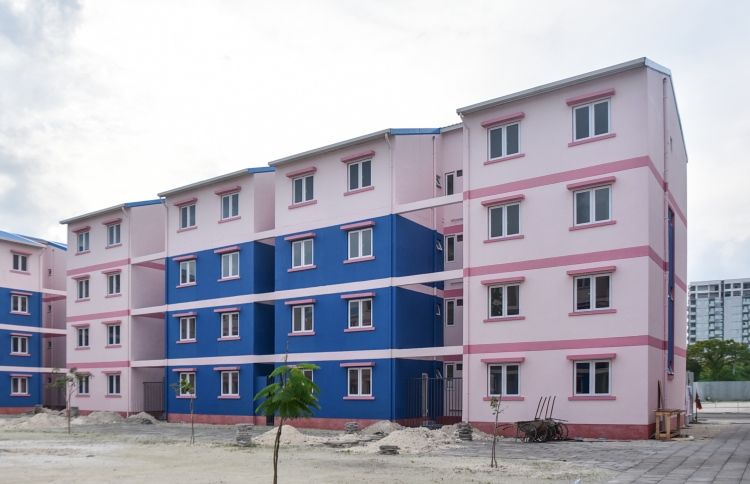Watchdog rules out corruption in selection of flat winners
There was outrage when flat-winners were announced last year with only the form numbers of applicants and complaints were filed over alleged lack of transparency in the selection process.

02 Jun 2018, 09:00
The anti-graft watchdog has ruled out corruption in the selection of flat winners for a government housing project launched in 2014.
There was outrage when flat-winners were announced last year with only the form numbers of applicants and complaints were filed over alleged lack of transparency in the selection process.
After an investigation that spanned seven months, the Anti-Corruption Commission on Thursday ruled out any corruption in the project.
“There is not enough evidence to prove that an act of corruption had been committed,” a statement read.
Become a member
Get full access to our archive and personalise your experience.
Already a member?
Discussion
No comments yet. Be the first to share your thoughts!
No comments yet. Be the first to join the conversation!
Join the Conversation
Sign in to share your thoughts under an alias and take part in the discussion. Independent journalism thrives on open, respectful debate — your voice matters.




